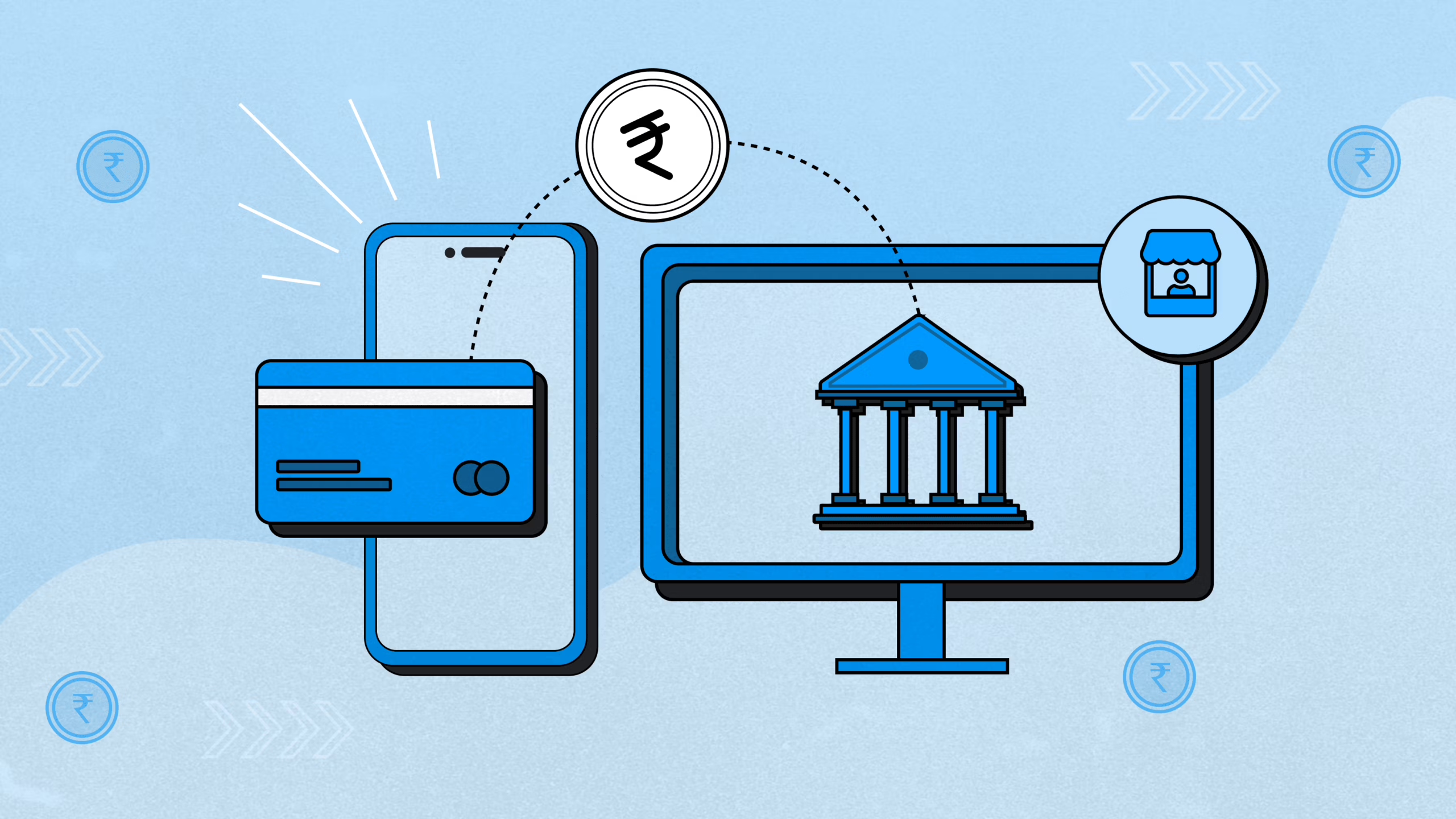India’s presence in the global economy is booming. Whether it’s businesses trading internationally or individuals sending money to loved ones abroad, cross-border transactions are a daily reality. But if you’ve ever dealt with sending or receiving foreign currency in India, you’ve likely encountered a unique requirement: Exchange Control Forms.
These forms might seem like just another piece of paperwork, but they are crucial for keeping India’s financial ecosystem healthy and secure. Mandated by the Reserve Bank of India (RBI), these forms play a vital role in every international money movement. Let’s break down why these forms truly matter in India’s global payments.
What Exactly Are Exchange Control Forms?
Simply put, Exchange Control Forms are official documents required by the Reserve Bank of India (RBI) for almost all foreign exchange transactions involving money entering or leaving India. Their main purpose is clear:
- Monitor and Regulate: The RBI uses these forms to keep a close eye on the flow of foreign currency. This helps them understand how much money is coming in and going out of the country.
- Legal Framework: These forms are part of the Foreign Exchange Management Act (FEMA), 1999. FEMA is the main law in India that governs foreign exchange. If you’re involved in cross-border payments, you’re operating under FEMA guidelines.
In essence, these forms act as a detailed record and a necessary permission slip for your international financial activities.
Why Do These Forms Matter So Much?
Exchange Control Forms are far more than just bureaucratic hurdles. They serve several critical functions for India’s economy and your transactions:
- Legal Compliance & RBI Oversight:
- It’s a strict legal requirement. The RBI needs to track every foreign currency movement. By filling out these forms, you show that your transaction is legal and that you are following the country’s financial rules.
- This oversight helps the RBI ensure that all cross-border transactions are legitimate.
- Preventing Illicit Activities:
- These forms are a powerful tool in the fight against illegal financial activities, such as money laundering and terrorism financing, supporting Anti-Money Laundering (AML) and Counter-Terrorism Financing (CTF) efforts.
- By collecting detailed information on every transaction, the RBI can spot unusual patterns or suspicious activities that might point to illegal money movements.
- Maintaining Economic Stability:
- The RBI uses the data from these forms to manage India’s foreign exchange reserves. These reserves are crucial for the country’s economic health and stability.
- By understanding currency inflows and outflows, the RBI can make informed decisions to manage the Indian Rupee’s value and keep the economy stable.
- Data Collection & Policy Making:
- The information collected through these forms provides valuable insights into India’s international trade, investments, and remittances.
- The RBI uses this data to understand economic trends, identify areas for growth or concern, and set new policies that help strengthen India’s position in the global economy.
Key Exchange Control Forms You Should Know About (with Examples)
While there are many forms for various complex scenarios, here are a couple of common ones that highlight their use:
- Form A1: This form is used for sending money abroad (outward remittances) for purposes other than importing goods.
- Example: You send money to a relative living overseas for their maintenance, or you pay for your child’s education fees at a foreign university.
- Form A2: This form is specifically for sending money abroad related to imports.
- Example: Your business imports machinery from Germany, and you need to pay your supplier. You would use Form A2 for this payment.
- Form R-Return: This form is used by banks (known as Authorized Dealers) to report all foreign exchange transactions to the RBI. While you don’t fill this out directly, your bank uses the information you provide in A1/A2 forms to submit this report.
Who Needs to Fill Out These Forms?
The requirement to fill out these forms applies to various parties involved in cross-border transactions:
- Businesses: If your company is importing goods, exporting services, receiving foreign investment, or making payments abroad (like salaries to overseas employees), you will almost certainly need to submit these forms through your bank.
- Individuals: If you are sending money abroad for reasons like education, gifts, medical treatment, travel expenses, or family maintenance, your bank will ask you to fill out the relevant form.
- Authorized Dealers (Banks): These are the financial institutions approved by the RBI to handle foreign exchange. They are responsible for collecting the correct forms from you and submitting them to the RBI. Your bank acts as the facilitator in this process.
The Consequences of Non-Compliance
Ignoring or incorrectly filling out Exchange Control Forms can lead to serious issues:
- Transaction Delays or Rejection: The most immediate impact. Your payment might be held up for days or even outright rejected by your bank if the forms are incomplete or incorrect. This can cause major disruptions, especially for time-sensitive business payments.
- Penalties and Fines: Under FEMA, the RBI has the power to impose significant penalties and fines for non-compliance. These can be substantial, sometimes even three times the amount of the transaction in question.
- Legal Ramifications: For serious or repeated breaches, you or your business could face legal action from the authorities.
- Reputational Damage: For businesses, a record of non-compliance can harm your reputation with banks, partners, and even regulatory bodies, making future international transactions more difficult.
The Evolving Landscape of FEMA Rules
The regulatory landscape is not static. The RBI regularly reviews and updates its guidelines to facilitate legitimate cross-border transactions and promote the use of the Indian Rupee (INR) and other local currencies in international trade.
Recently, the RBI has further liberalized FEMA rules in several key ways:
- Overseas Foreign Currency Accounts for Exporters: Indian exporters can now open accounts in any foreign currency overseas. This allows them to settle trade transactions more flexibly, including receiving export proceeds and using these funds directly to pay for imports. This simplifies trade by reducing the need for multiple conversions.
- Rupee Accounts for Non-Residents: Overseas branches of banks are now allowed to open rupee accounts for individuals living outside India. These accounts can be used for the settlement of all permissible current account and capital account transactions with people living in India.
- Promoting Special Rupee Vostro Accounts (SRVA): Introduced in July 2022, SRVAs encourage greater use of the Indian Rupee for trade transactions. Several foreign banks have already opened these accounts with banks in India. The RBI has also signed agreements with central banks in countries like the UAE, Indonesia, and Maldives to encourage cross-border transactions in local currencies.
- Greater Flexibility for Non-Residents’ Rupee Balances: Non-residents can now use balances in their repatriable INR accounts (like Special Non-Resident Rupee Accounts (SNRR) and SRVA) to settle legitimate transactions with other non-residents. They can also use these balances for foreign investments, including Foreign Direct Investment (FDI) in non-debt instruments (like equity).
These liberalizations aim to make cross-border transactions more flexible, efficient, and reduce reliance on traditional currency conversions for specific trade corridors. While the requirement for relevant forms remains, these changes simplify the underlying transactional methods and open up new avenues for international trade and investment.
Conclusion
Exchange Control Forms are an essential part of India’s robust framework for managing foreign exchange. They are not just random paperwork; they are the guardians of financial transparency, economic stability, and security in the country’s cross-border transactions.
For anyone involved in sending or receiving money internationally from India, understanding these forms is not merely a legal obligation but a practical necessity. By embracing compliance, and staying informed about evolving regulations like the recent FEMA liberalizations, you ensure your transactions are smooth, efficient, and free from unexpected hurdles.
If you have specific international payment needs, always consult with your bank or a financial expert to ensure you are filling out the correct forms accurately. This proactive approach is your key to navigating India’s dynamic global payment landscape with confidence.
Looking to streamline international transactions?
With BRISKPE, you can receive global payments faster, more transparently, and in full compliance with Indian regulations. Whether for business or personal needs, BRISKPE is your trusted solution for incoming international payments only giving you full control, clarity, and speed.








